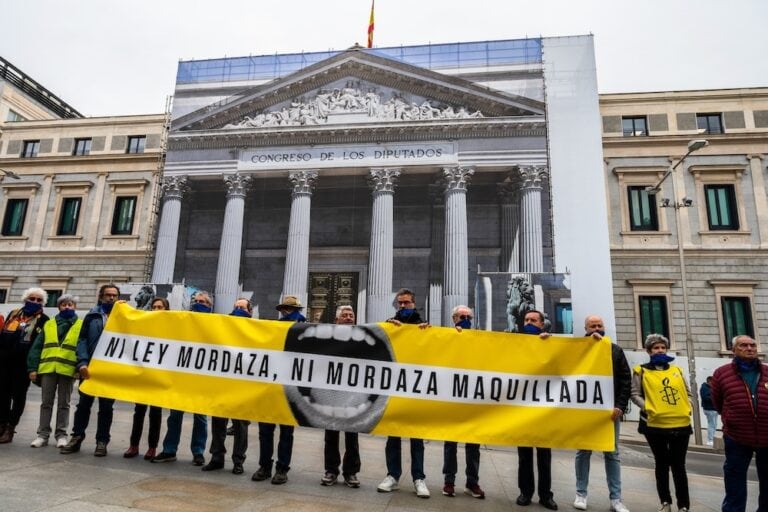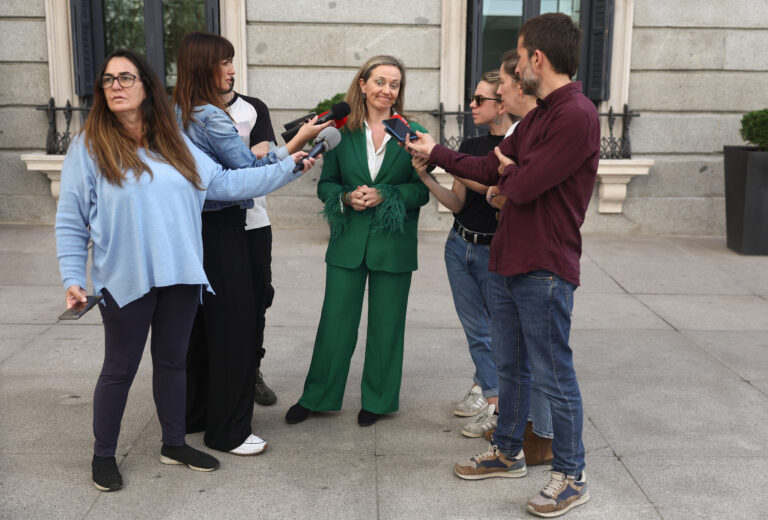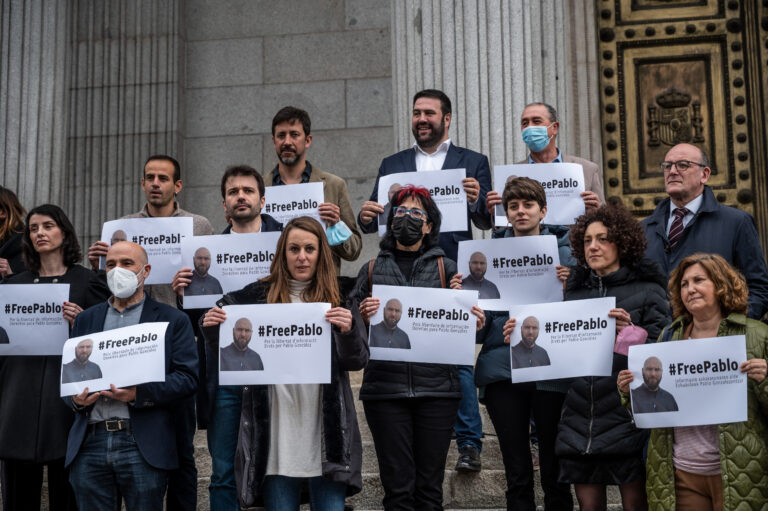The plaintiff invoked the repressive 1966 Press Law, a relic from the Franco dictatorship.
(WPFC-FH/IFEX) – Washington, DC, USA, Sept. 29, 2011 – The World Press Freedom Committee of Freedom House – an organization bringing together 43 press freedom groups from throughout the world – applauds the decision by a Madrid First Recourse Tribunal declaring null and void an honor protection lawsuit against Leer Magazine, a literary publication. The Committee regrets that the plaintiff has decided to appeal the decision.
Judge Eduardo Fontán Silva, in his decision released on Sept. 20, rejected the lawsuit brought forward by Juan Cotarelo García for alleged defamatory statements expressed by deceased author Pablo Lizcano. The writer, in his book titled “The 1956 generation: College Students against Franco,” first published in 1981, quoted press reports from that era stating that the plaintiff’s mother, who passed away in 2002, had an affair with an infamous chief of police during the Franco dictatorship.
The lawsuit was filed in February 2008, two years after Leer Magazine’s publishing arm, Leer/Documentos, published a second edition identical to the original one. The plaintiff demanded 100,000 euros in reparations, the publication of the sentence in four different newspapers and the recall of the book.
Invoking the 1966 Press Law – still in force even though it dates back to Franco’s Spain – Cotarelo demanded sanctions against the author’s widow, Rosa Montero, and against the publishing house, taking advantage of the law’s abusive “cascade effect.”
The plaintiff, however, waited for almost three decades after the original edition was published to sue the defendants and did not take advantage of the author’s offer to correct any possible mistakes before the second edition was released. Also, he invoked one of the most backward and repressive laws in Spanish legislation.
In his decision, Judge Fontán Silva rejected the lawsuit because the statute of limitations had expired 27 years after the first original edition was published.
“Our Committee believes the lawsuit is not the only thing that has expired but also the very law that was used to try to silence Leer Magazine,” said Javier Sierra, WPFC-FH’s Projects Director. “The 1966 Press Law, also known as Franco’s Press Law, is a repressive statute created in a repressive time that ignores the most basic international postulates of press freedom.”
The 1966 Press Law – as well as the 1982 Honor, Privacy and Right to a Respectful Image Law – stain the Spanish society’s exemplary democratic advances by impeding the free flow of ideas and thoughts. They also foster self-censorship among journalists and authors who fear being forced to pay devastating fines because of just doing their jobs.
These two laws were also invoked in 1995 to indict José Luis Gutiérrez, the current editor of Leer Magazine, for alleged crimes against the honor of the King of Morocco. The Moroccan Crown brought the charges forward because of an article published in the no longer existing Diario 16 newspaper, of which Gutiérrez was editor-in-chief. The lawsuit cost him 14 years of unjust judicial harassment that culminated last year when the European Court of Human Rights ruled that the Spanish state had violated Gutiérrez’s fundamental rights.
The Committee, therefore, urges Spanish lawmakers to abrogate these two statutes to bring the country’s legislation up to international press freedom standards and to provide an example to the many other nations that preserve these kinds of repressive laws in their books.


